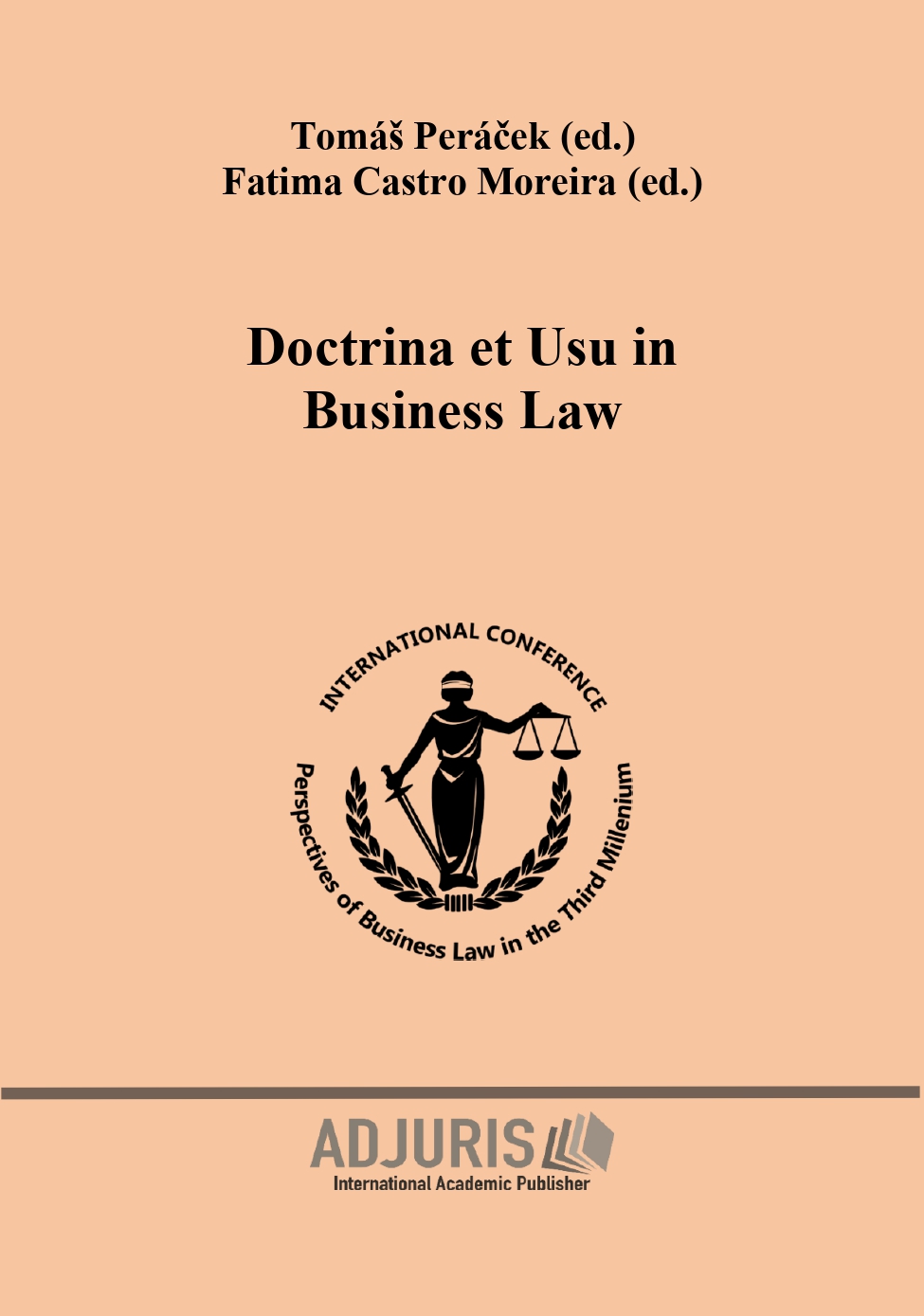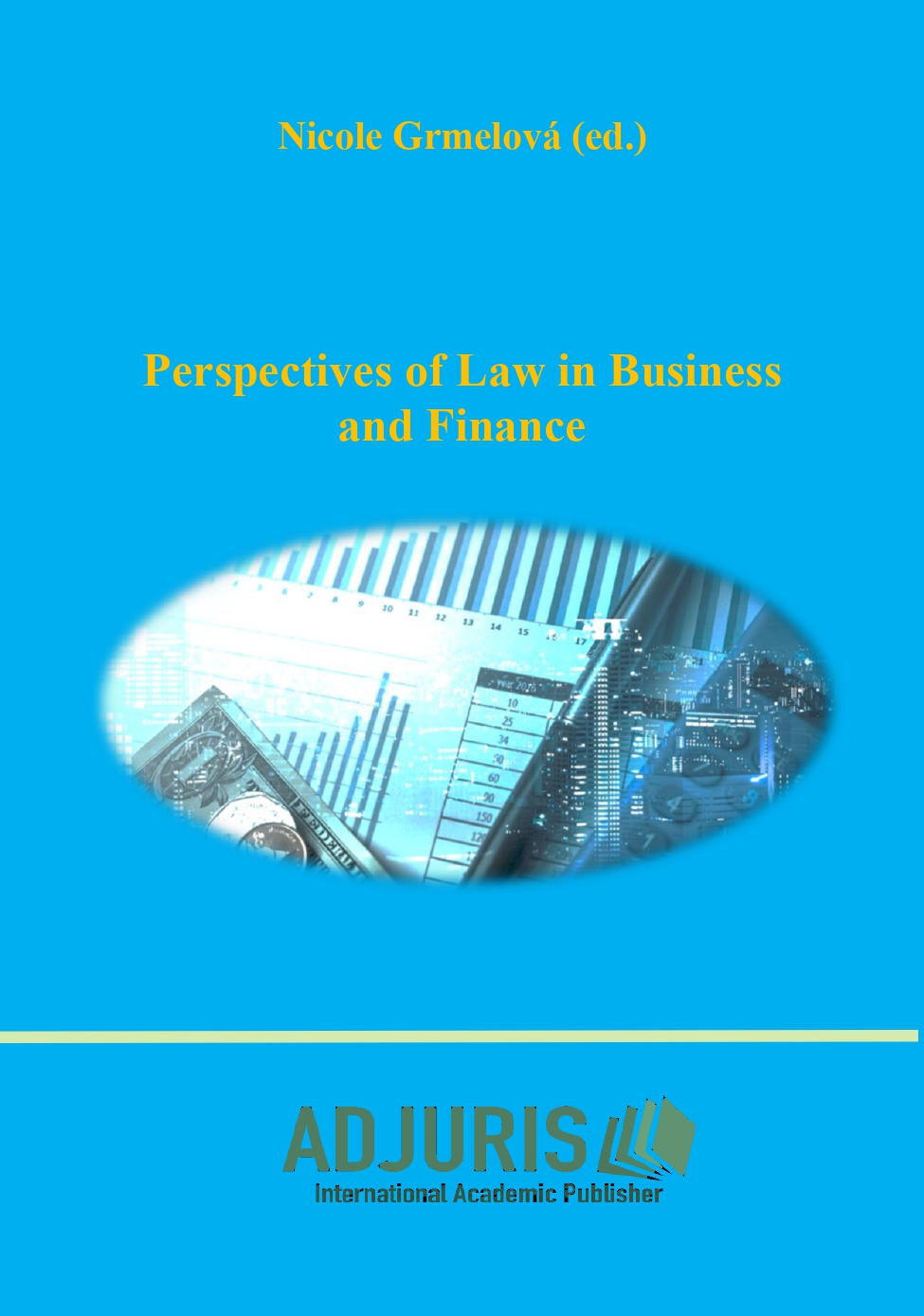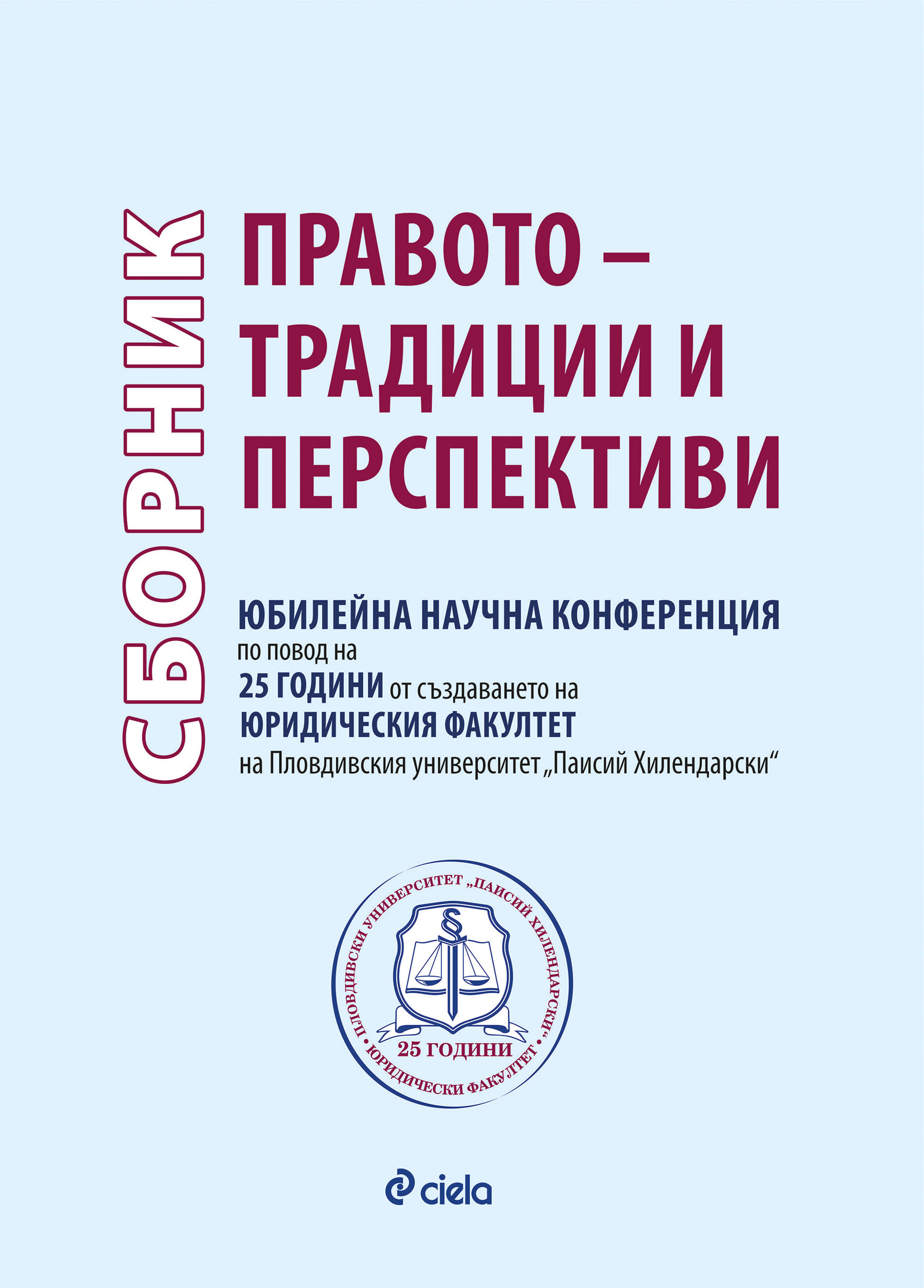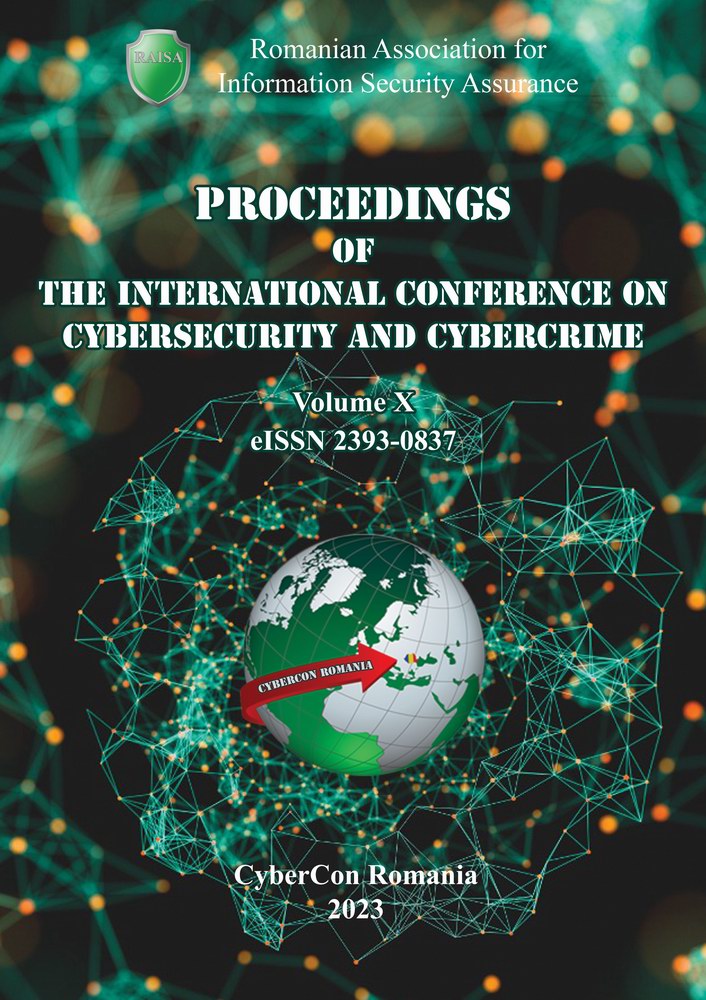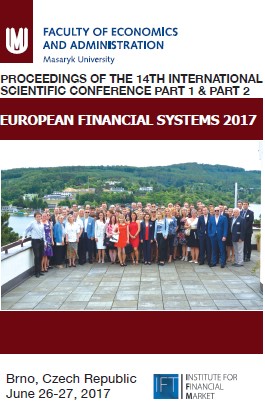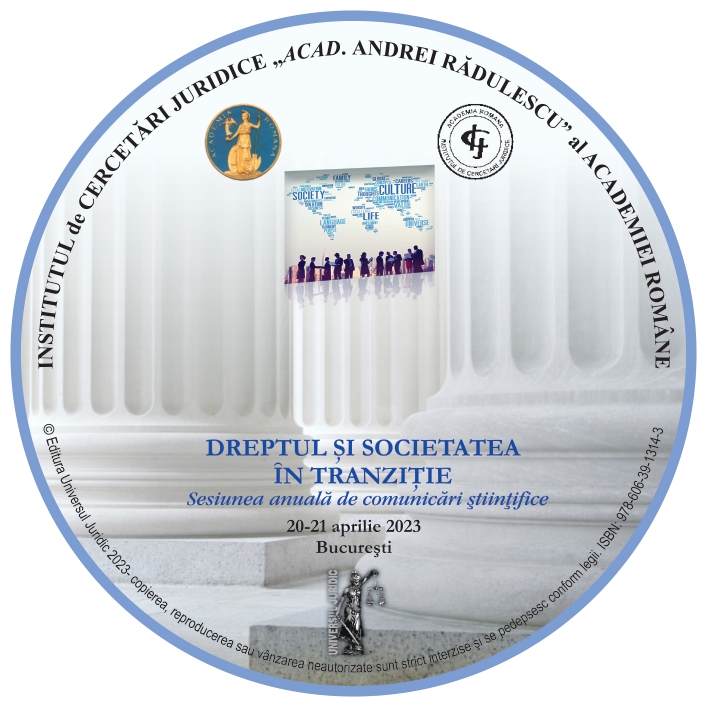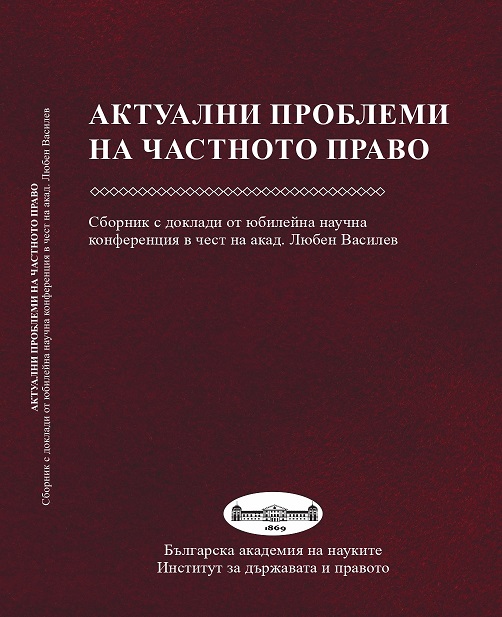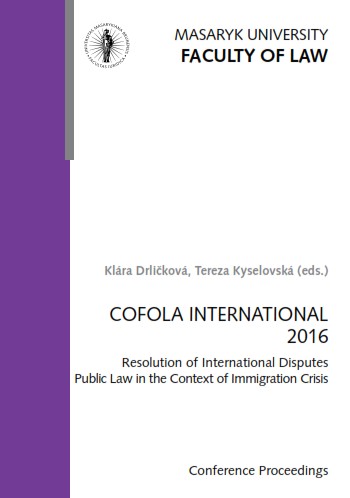
Legal Basis of Parties’ Duty to Maintain Confidentiality in International Commercial Arbitration
Confidentiality is traditionally taken as one of the main advantages of arbitration and is often automatically connected with it or it is simply assumed. However, there are lot of questions that remain unsettled. One of key issues is the legal basis of parties’ duty to maintain confidentiality in international commercial arbitration. The aim of this paper is to analyse the legal basis of the parties’ obligation to maintain confidentiality. At present, it is widely accepted that notions privacy and confidentiality have different meanings and the privacy itself does not ensure confidentiality of arbitration. In various jurisdictions, three positions as to what can constitute the legal basis of the parties’ duty to maintain confidentiality occur.
More...
